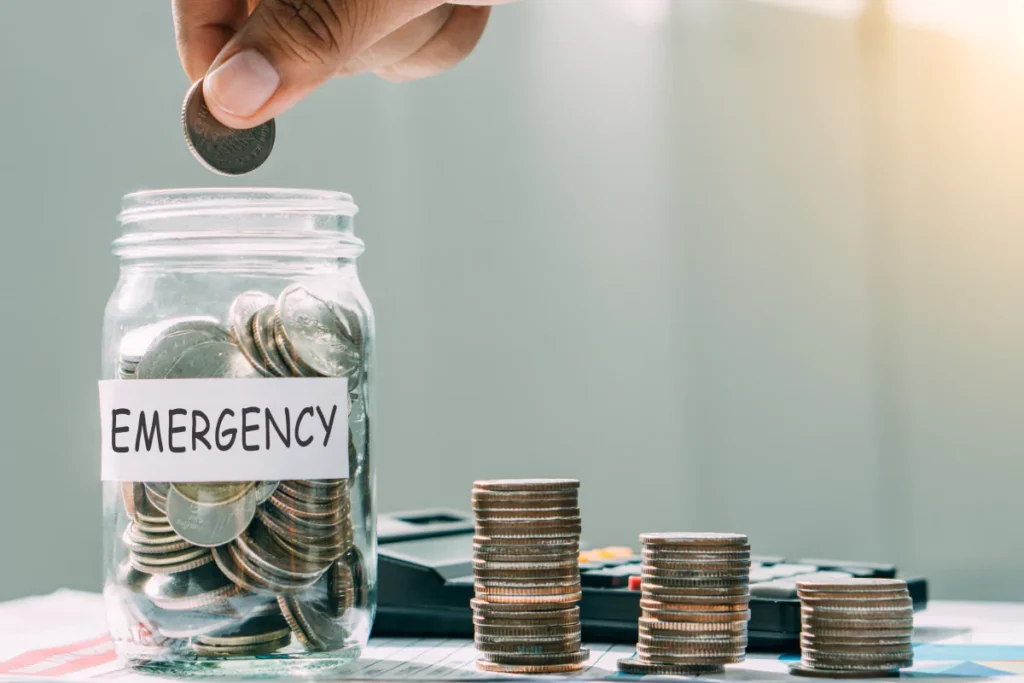Life is full of surprises, both good and challenging. One of the best ways to navigate the unexpected twists and turns is by having a solid emergency fund in place. In this guide, we’ll explore why an emergency fund is your financial lifeline when unforeseen events occur.
1. What is an Emergency Fund?
An emergency fund is a savings cushion specifically set aside to cover unexpected expenses or financial emergencies. It acts as a safety net, providing peace of mind and financial stability during challenging times.
2. Why is an Emergency Fund Important?
– Financial Protection: An emergency fund protects you from the impact of unexpected events such as job loss, medical emergencies, car repairs, or home repairs.
– Avoiding Debt: Having an emergency fund reduces the need to rely on credit cards or loans to cover sudden expenses, helping you avoid debt accumulation.
– Financial Independence: With an emergency fund in place, you have greater control over your finances and can weather financial storms without undue stress.
3. How Much Should You Save?
Financial experts recommend saving enough to cover 3 to 6 months’ worth of living expenses in your emergency fund. Consider factors like your monthly bills, essential expenses, and any potential additional costs during emergencies.
4. Building Your Emergency Fund:
– Start Small: Begin by setting achievable savings goals. Even small contributions to your emergency fund can add up over time.
– Automate Savings: Set up automatic transfers from your paycheck or checking account to your emergency fund to ensure consistent savings.
– Cut Unnecessary Expenses: Review your budget and identify areas where you can cut back to boost your savings rate for emergencies.
5. When to Use Your Emergency Fund:
Your emergency fund should be reserved for genuine emergencies, such as:
– Medical emergencies or unexpected healthcare costs
– Job loss or sudden reduction in income
– Major car repairs or home maintenance issues
– Unforeseen travel expenses for family emergencies or urgent situations
6. Replenishing Your Emergency Fund:
If you need to use funds from your emergency fund, make it a priority to replenish it as soon as possible. Adjust your budget and savings goals to rebuild your financial safety net.
7. Peace of Mind and Financial Stability:
Having an emergency fund isn’t just about money—it’s about peace of mind. Knowing that you have a financial buffer in place allows you to navigate life’s uncertainties with greater confidence and resilience.
Ready for the Unexpected?
Building and maintaining an emergency fund is a vital step towards financial wellness. Start today, and empower yourself with the financial security and peace of mind. With a solid financial lifeline, you can face unexpected challenges confidently. Start saving, start planning, and enjoy the security of being financially prepared for whatever comes your way.


